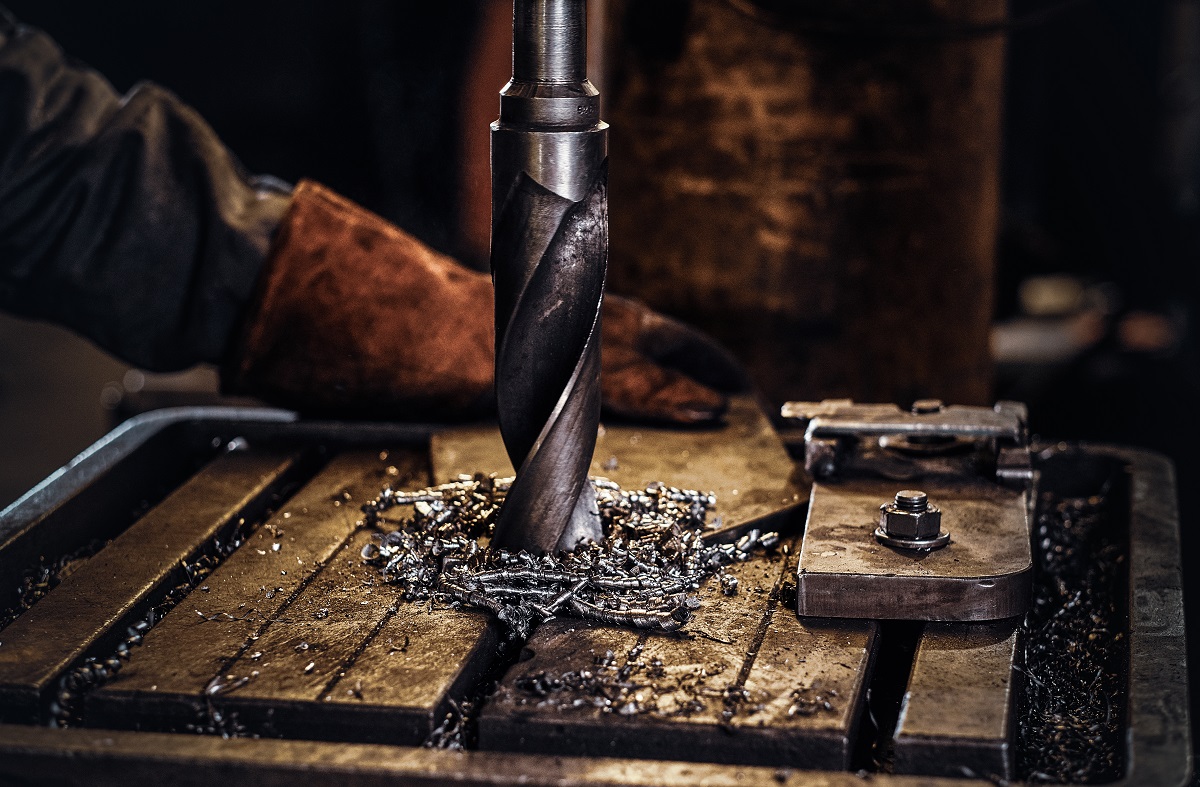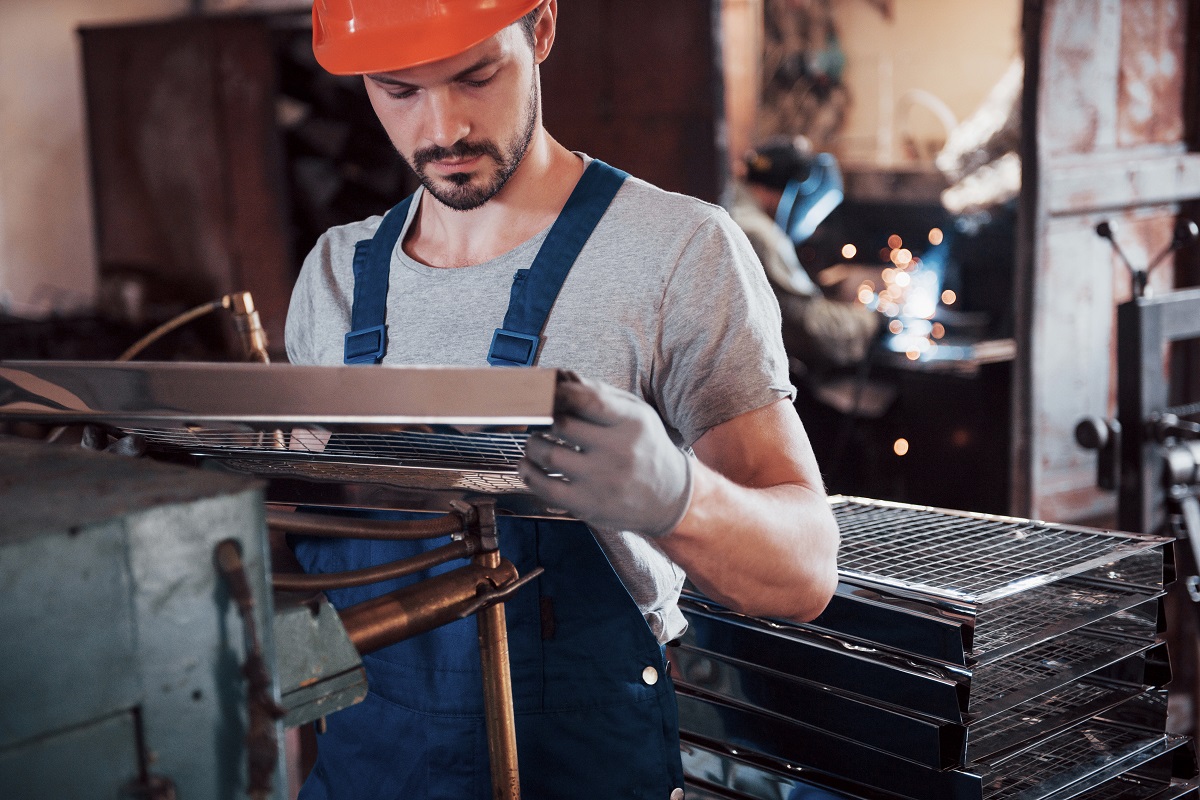Scrap Metal
Scrap Metal Recycling
Scrap metal refers to discarded or unused metal materials that have reached the end of their useful life in their current form. It encompasses a wide range of metallic items, including ferrous metals like iron and steel, as well as non-ferrous metals such as aluminum, copper, brass, and more. These materials can be found in various forms, including machinery parts, appliances, construction materials, automotive components, and even household items.

Importance of Scrap Metal Recycling
Recycling scrap metal is vital for several reasons:
Recycling scrap metal reduces the demand for virgin metals, which minimizes the need for mining and extraction operations. This conserves natural resources and helps preserve the environment.
The energy required to extract and process virgin metals is significantly higher than that needed to recycle existing metal. By recycling scrap metal, energy consumption is reduced, leading to lower carbon emissions.
Proper disposal of scrap metal prevents it from ending up in landfills, where it may take a long time to decompose and can potentially release harmful chemicals into the environment.
The scrap metal recycling industry contributes to job creation and economic growth. It also supports industries that rely on recycled metals for manufacturing.
Recycling scrap metal is an essential component of a circular economy, where materials are reused and recycled to create a sustainable and closed-loop system.
Reach Out for Expert Recycling Solutions
We recognize that different industries have unique recycling needs. Our team of professionals brings a wealth of knowledge in recycling practices, materials, and industry regulations.
Scrap Metal Recycling Process
The scrap metal recycling process typically involves the following steps:
- Collection: Scrap metal is gathered from various sources, including manufacturing facilities, construction sites, automotive workshops, and individual households.
- Sorting: The collected scrap metal is sorted based on its type and composition. This step is crucial to ensure that each material is processed correctly.
- Processing: The sorted scrap metal is then processed in recycling facilities. Depending on the type of metal, it may be melted down, shredded, or subjected to other processes to prepare it for reuse.
- Quality Assurance: Before the recycled metal is reintroduced into manufacturing processes, it undergoes quality checks to ensure it meets industry standards.
- Distribution: The processed scrap metal is distributed to industries where it can be used to manufacture new products.


